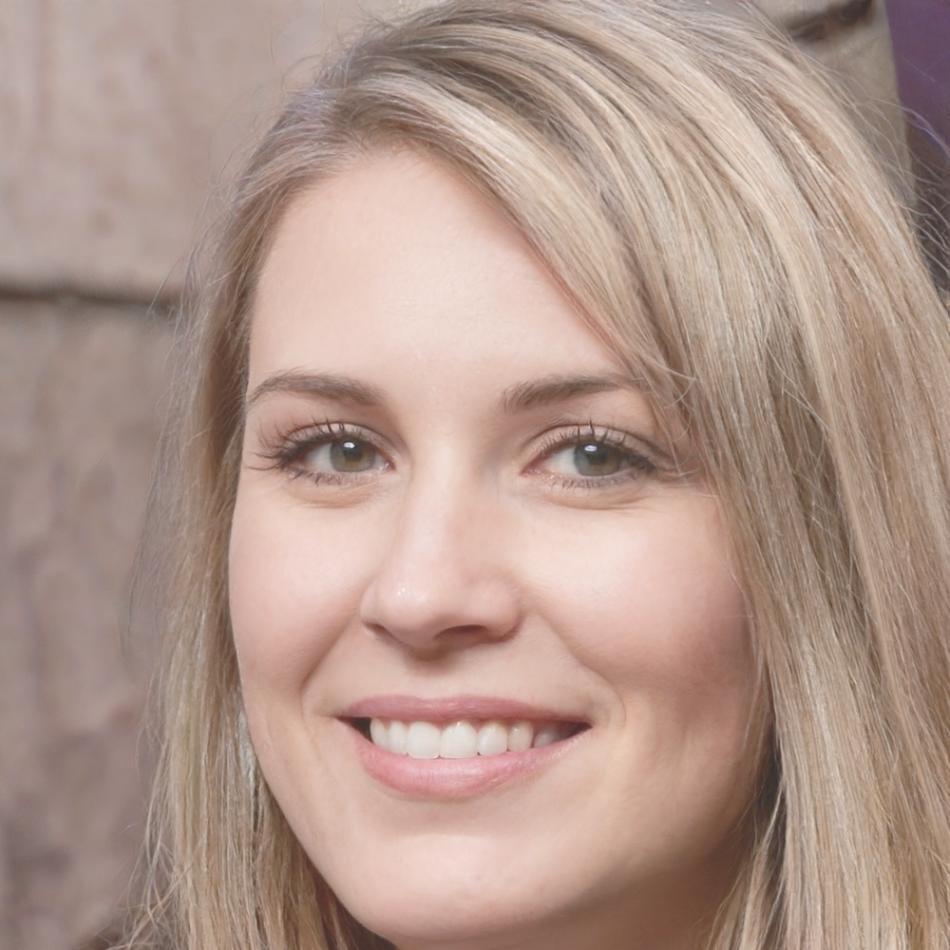Build Financial Plans That Actually Work Beyond Next Quarter
Most budgets fall apart within six months. We teach organizations across Thailand how to structure financial plans that hold up through economic shifts, market changes, and unexpected challenges. Real frameworks that work for multi-year horizons.
View Our Programs
Three Principles That Changed How We Teach Budget Planning
After working with finance teams for eight years, we noticed something. The traditional approach to teaching budget planning was broken. So we rebuilt it from scratch.
Scenario Modeling Over Static Forecasts
We stopped teaching people to create single-path projections. Instead, participants learn to build flexible models that account for multiple economic scenarios and allow quick recalibration.
Cross-Department Budget Integration
Budgets fail when departments operate in silos. Our approach focuses on connecting financial planning across teams, creating visibility that prevents surprise overruns and misaligned priorities.
Rolling Review Cycles
Annual budget reviews don't match how businesses actually operate. Participants learn quarterly adjustment frameworks that keep financial plans aligned with reality without complete overhauls.

Why Traditional Budget Training Doesn't Stick
We used to teach standard accounting principles and wonder why people struggled to apply them. Turns out, knowing theory doesn't help when your revenue projections miss by 30% or a key supplier raises prices unexpectedly.
Our current curriculum focuses on building judgment through case analysis of real budget failures and successes. Less memorization, more pattern recognition.
Read About Our ApproachHow We Got Here
Started With One Question
Founded in Chon Buri after noticing how many businesses in Thailand's Eastern Economic Corridor struggled with multi-year planning. Most finance teams were using spreadsheet methods that couldn't handle complex growth scenarios.
Rebuilt The Curriculum Twice
Our initial program didn't work as well as we hoped. Participants understood concepts but couldn't apply them under pressure. We spent nine months redesigning everything around case-based learning and decision frameworks.
Expanded Into Advanced Topics
Added specialized tracks for capital allocation, risk-adjusted forecasting, and integrated business planning. Started working with larger organizations that needed sophisticated approaches to financial strategy.
Looking Forward
Our next cohort launches in September 2025. We're testing new modules on navigating volatile markets and building resilient financial structures that can handle sustained uncertainty.
Questions People Actually Ask Us
Straight answers about how our programs work and what to expect.
What if I don't have a finance background?
About 40% of participants come from operations, engineering, or other non-finance roles. We cover necessary fundamentals but focus on practical application rather than accounting theory.
See full prerequisitesHow much time does this actually take?
Core program runs 12 weeks with weekly sessions and case work. Most people spend 8-10 hours per week including session time. It's designed around working professionals' schedules.
View schedule detailsDo you teach software tools?
We focus on frameworks and decision-making rather than specific software. Participants use Excel and Google Sheets since those are universal. The concepts work regardless of what tools your company uses.
Read our methodologyWhen does the next program start?
Next cohort begins September 2025 with enrollment opening in June. We run two cohorts per year to keep group sizes manageable and maintain quality of case discussions.
Get enrollment updates
"The scenario modeling approach completely changed how our leadership team thinks about financial planning."
Siriporn came to our autumn 2024 program managing finance operations for a mid-sized manufacturing company. Her team was stuck in annual budget cycles that became obsolete within months. The real breakthrough came when she applied rolling forecast methods to their capital planning. Her company now runs quarterly reviews that actually inform decisions rather than just tracking variances.
Meet Our Instructors